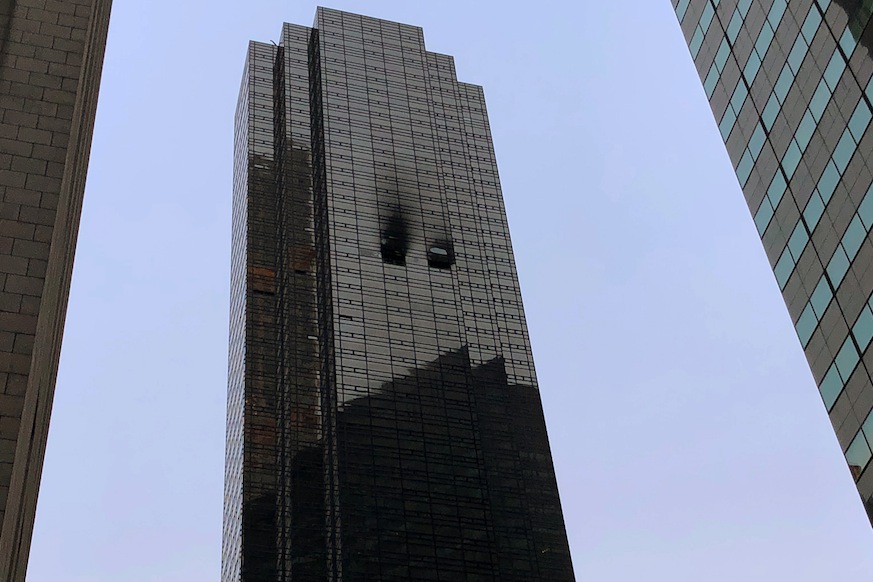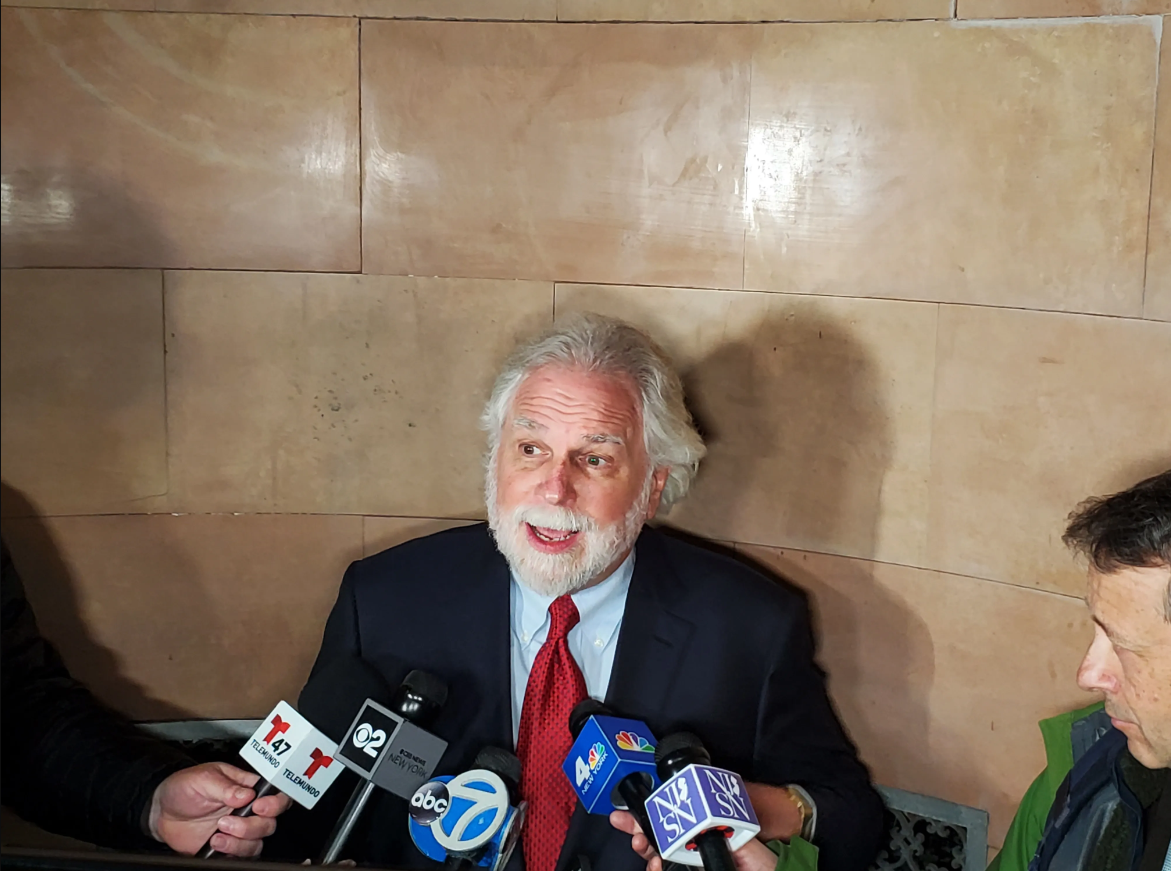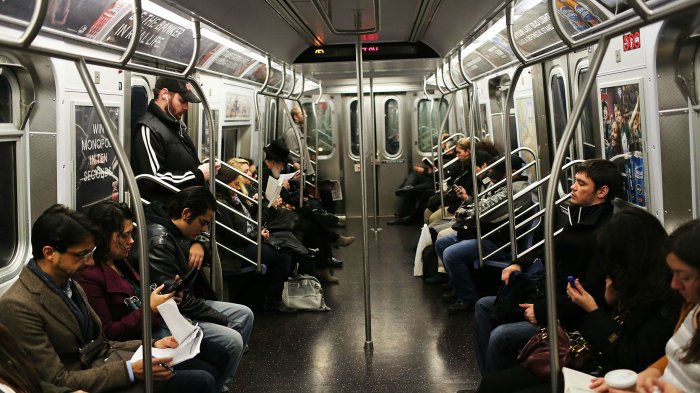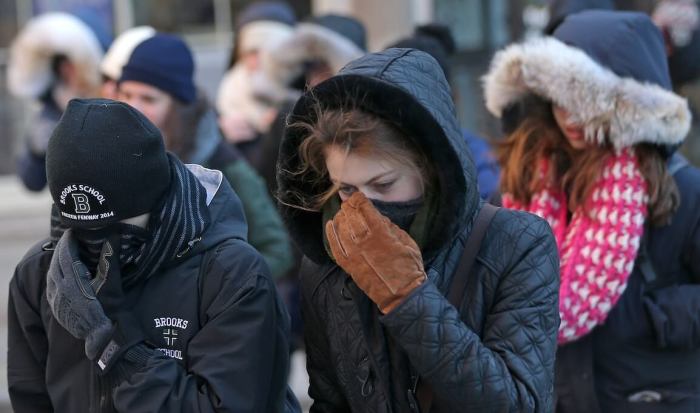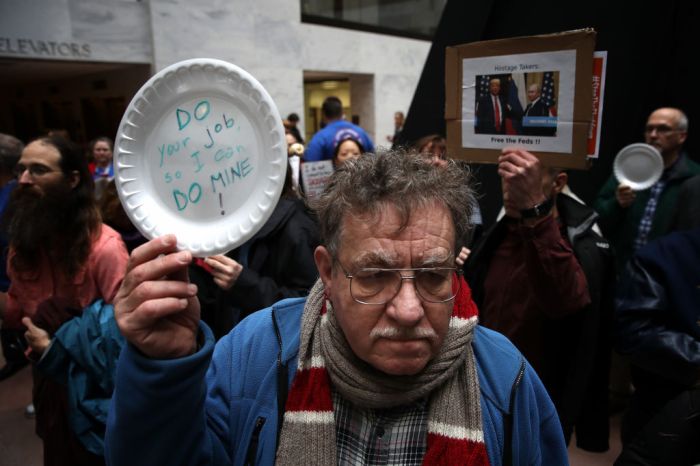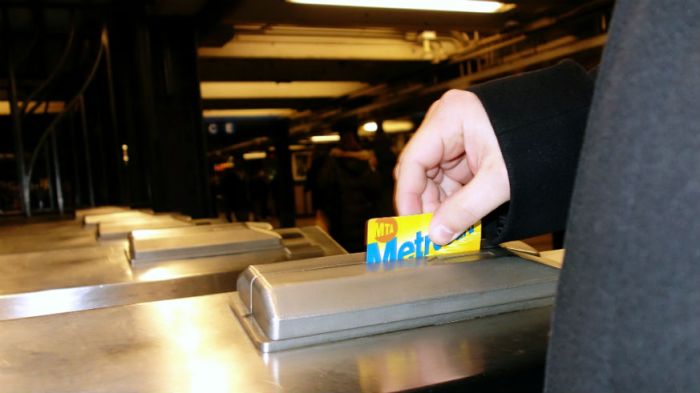New York City councilor Robert E. Cornegy, Jr. has called for legislation requiring residential buildings to be retrofitted with sprinkler systems after a man died in a fire at Trump Tower, the upper floors of which do not have fire sprinklers.
In 1999, Mayor Rudy Giuliani signed a law requiring sprinkler systems to be installed in new residential buildings with four or more units.
Trump Tower, which opened in 1983, was able to evade that requirement, as the law grandfathered in structures that were already built. Donald Trump also lobbied against the requirement of sprinklers, the New York Times reported in 1999, saying they were unnecessary and expensive.
Cornegy, who is the chair of the NYC Council’s Housing and Buildings committee, believes if Trump Tower had a full sprinkler system, Todd Brassner, the 67-year-old man who died on Saturday, may still be alive.
“This is not about the construction of the building,” Cornegy said at a Monday press conference, referring to the president’s tweet saying that the “well-built building” helped confine the fire.
“This is about the safety of residents,” Cornegy continued. “It may be structurally sound, but in an effort to protect residents, we need more than a passive alarm system. We need a sprinkler system, not just for the Trump building, but for all buildings that are four units and above.”
Cornegy added that his announcement was not expressly about Trump, but instead about all large building owners who are “potentially putting the lives of thousands of New Yorkers in danger by not having the basic safety networks in place.”
Hundreds of thousands of units would need to be retrofitted as the law is brought up to date to include all residential buildings with four units and above, Cornegy said.
He did not have a cost estimation for the effort yet, but said that he hopes to include stipulations in the legislation to protect that cost from being passed on to the tenants.
The cost would depend on the size and age of the building, Cornegy noted, but to him, he added, the cost of lives saved is worth more than whatever the monetary figure would be. In his research, he said, the data shows that there would be a reduction in fire fatalities if sprinklers are present.
“The passive system allowed now, just smoke alarms — we don’t believe is enough,” Cornegy said. “[It’s] not enough to protect lives to the degree the council and my committee believes should be in place.”

